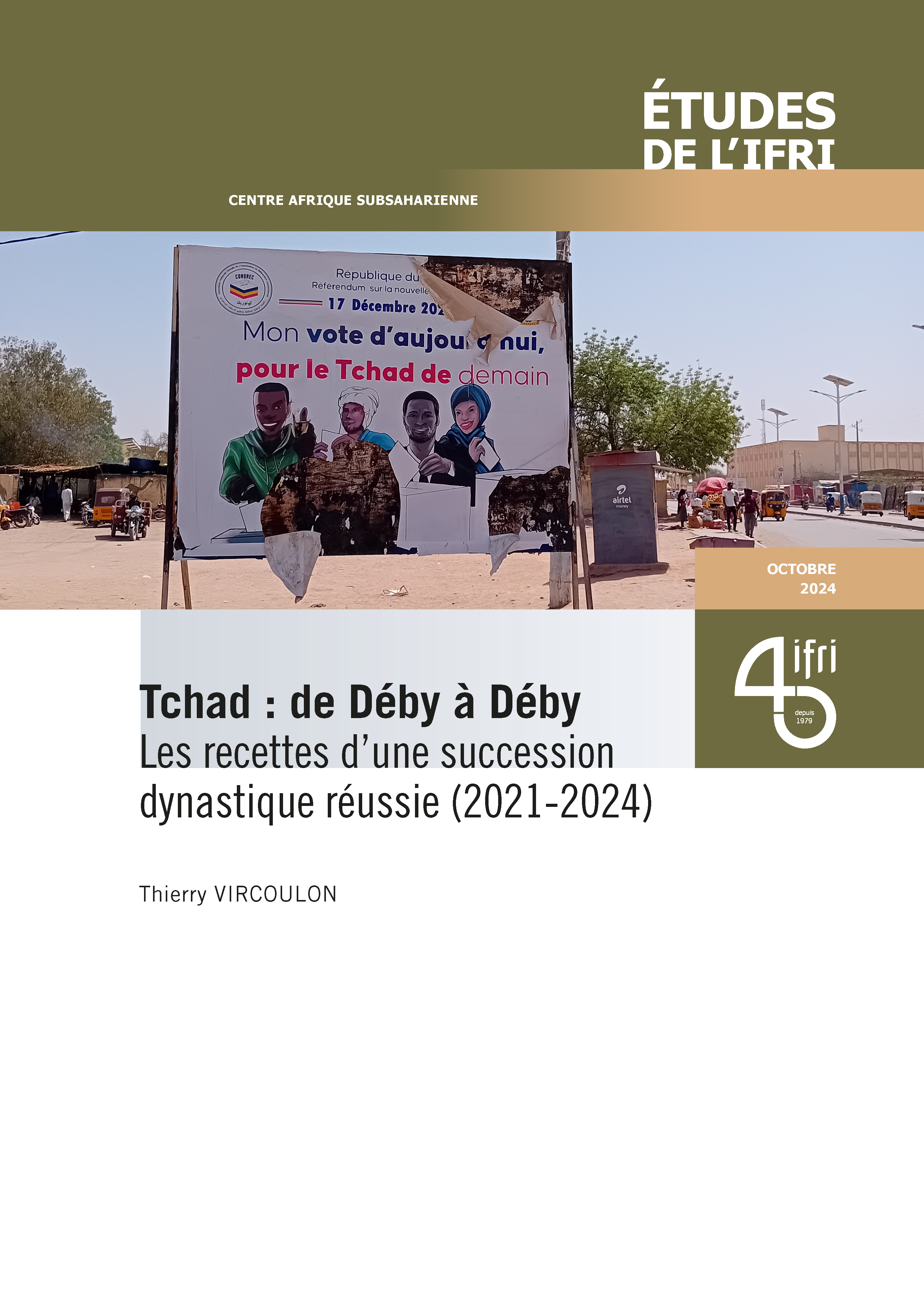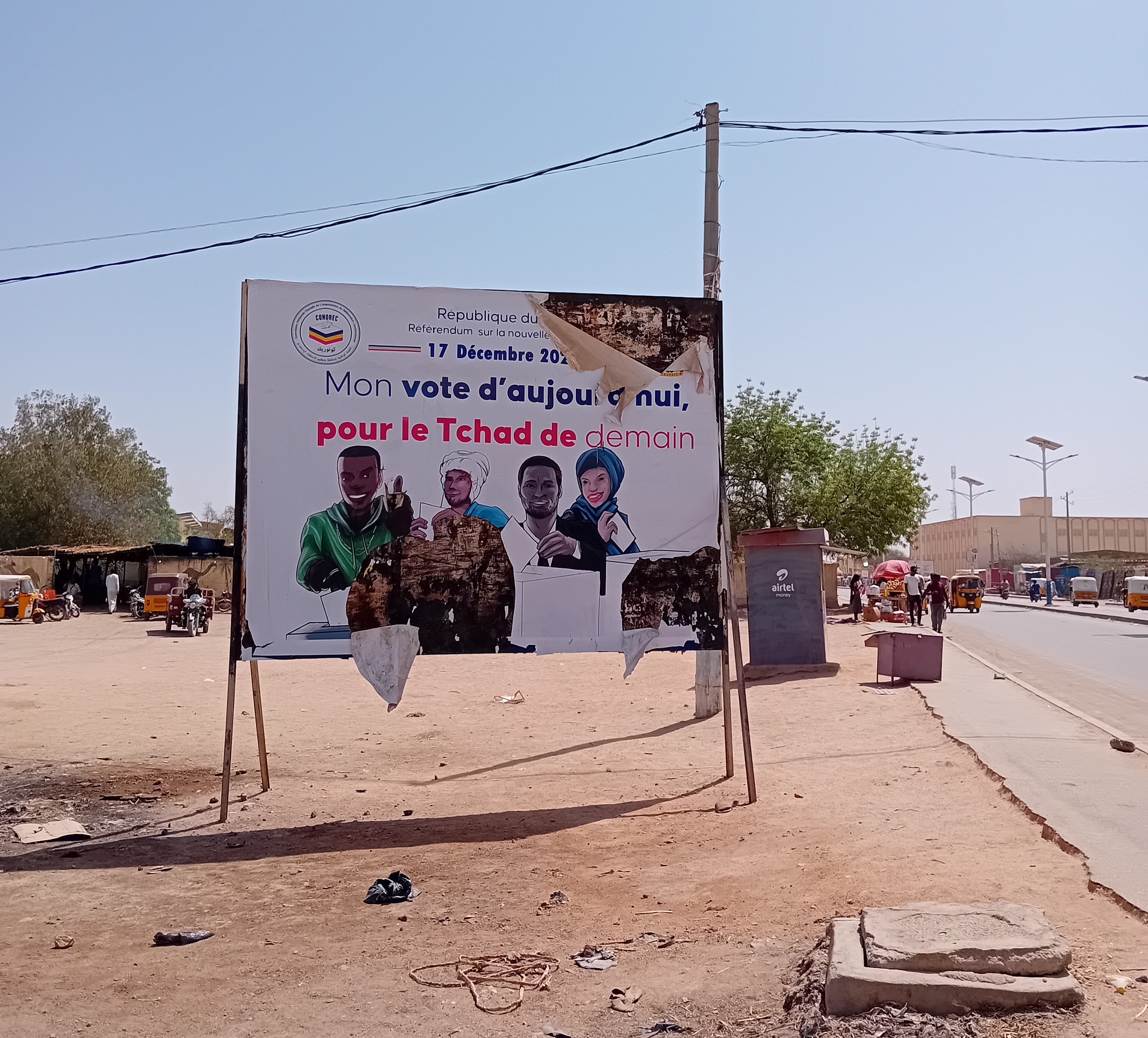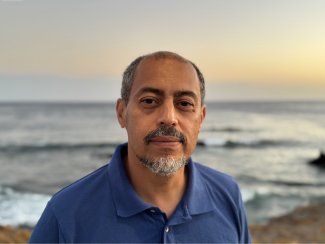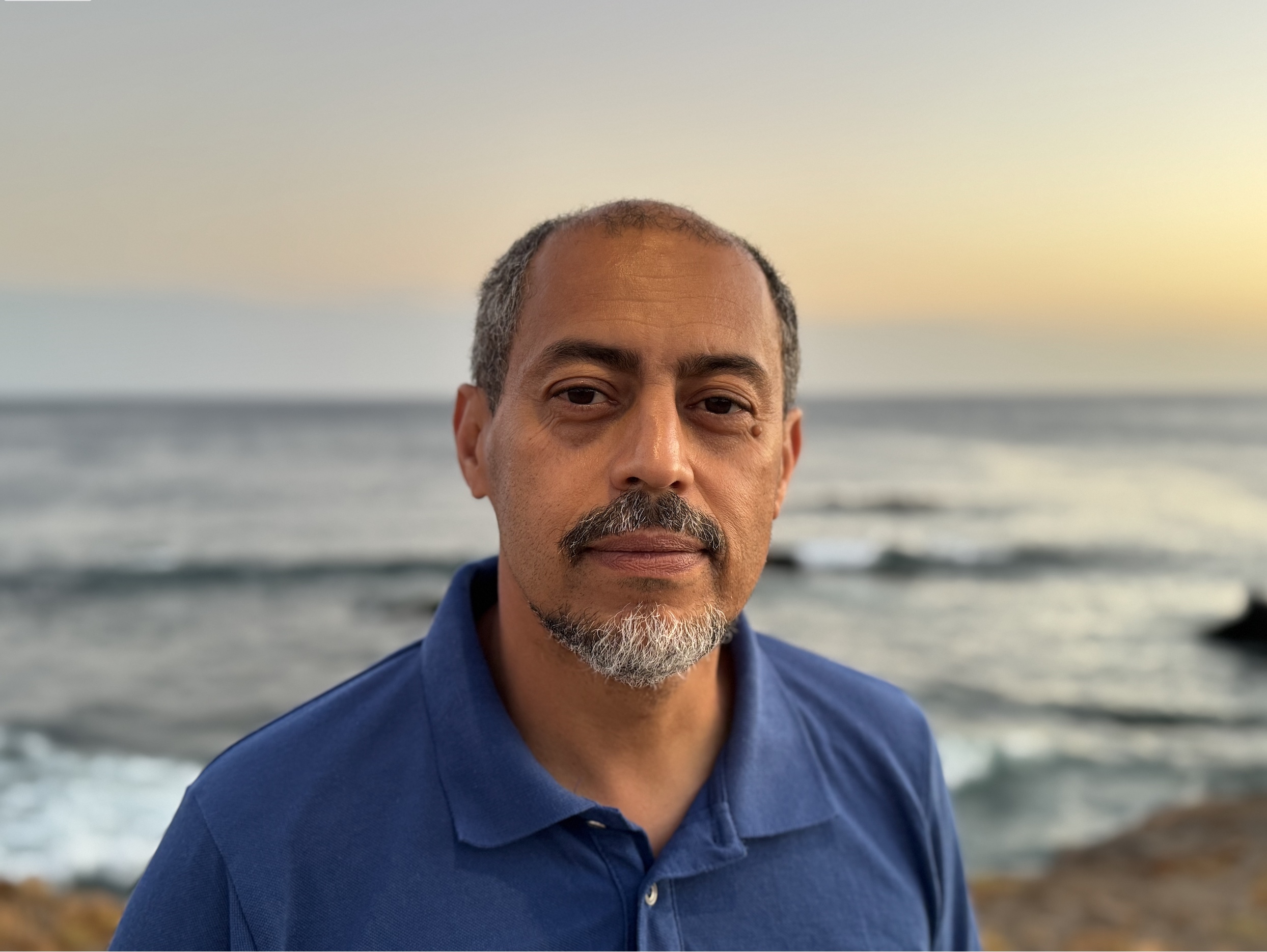Chad: from Deby to Deby. Recipes for a successful succession (2021-2024)

As in Togo and Gabon, the transition that took place in Chad from 2021 to
2024 resulted in a dynastic succession. Mahamat Idriss Deby succeeded his
father, Idriss Deby Itno, who was President of Chad from 1996 to 2021. While
the majority of Chadians were hoping for a change of government, the “Deby
system” has managed to hold on.

This study deciphers the strategy of this transition-succession, which
consisted in :
- believing in the possibility of change without alternation, by insisting on
the age of the new president and initiating new political orientations; - consolidate the traditional pillars of power;
- forcibly intimidate the opposition and take advantage of its divisions;
- institutionally confiscate the organization of the constitutional
referendum and elections, as well as the drafting of the founding texts of
the new Republic.
This strategy was all the more effective given that, in the geopolitical
context of the new Cold War, there is no longer any international player (even
at continental and regional level) capable of imposing itself as the arbiter or
guarantor of political transitions. This new geopolitical situation has given
the Chadian government almost total freedom to implement its succession
plan and impose itself through elections with implausible results.
If the transition from 1993 to 1996 marked the transition from Hissene
Habre’s regime to Idriss Deby’s, the transition of 2021-2024 marked the
succession from Deby to Deby.
This study is only avalaible in French.

Available in:
Themes and regions
ISBN / ISSN
Share
Download the full analysis
This page contains only a summary of our work. If you would like to have access to all the information from our research on the subject, you can download the full version in PDF format.
Chad: from Deby to Deby. Recipes for a successful succession (2021-2024)
Related centers and programs
Discover our other research centers and programsFind out more
Discover all our analysesGabon: Has an — Almost — Exemplary Transition Produced a New Political Model?
In two rounds of voting, on September 27 and October 11, 2025, the citizens of Gabon elected the members of both their local councils and the new national assembly. This marked almost the final stage of political transition, little more than two years after the coup d’état that had overthrown the more than five decades old dynastic regime of the Bongos — Omar, the father, who died in office in 2009, and then his son Ali, who is now in exile.
Claiming "The People": Youth Booms, Ailing Authoritarians and "Populist" Politics in Kenya, Uganda, and Tanzania
This study analyses the emergence of so-called “populist” political tendencies in three East African countries: Kenya, Uganda and Tanzania. It builds its analysis on a wider discussion of the term “populism”, its use and applicability in (eastern) African settings before going on to examine the drivers of three cases of populism: William Ruto’s 2022 election victory in Kenya and the “Hustler Nation”; Bobi Wine’s opposition to Yoweri Museveni in Uganda; and John Magufuli highly personal style of government in Tanzania.
The Contradictory Impacts of Western Sanctions on Economic Relations between Russia and Sub-Saharan Africa
How does Russia maintain economic ties with Africa despite Western sanctions? An analysis of investments, trade, and the circumvention strategies deployed by Moscow.
The Revenue Sources Sustaining Sudan’s Civil War. Lessons for the year 2023
Wars require money and resources, and often, most conflicts involve controlling sources of income and supply lines or denying them to enemies. This has been the case in Sudan’s past conflicts and is again as the civil war—between the Sudan Armed Forces (SAF), commanded by General Abdelfattah al-Burhan, and the paramilitary Rapid Support Forces (RSF), commanded by General Mohammed Hamdan Daglo “Hemedti” —has sunk into a protracted conflict.











